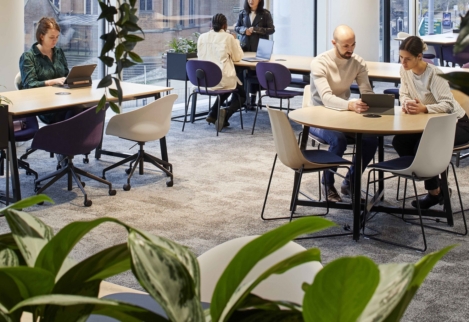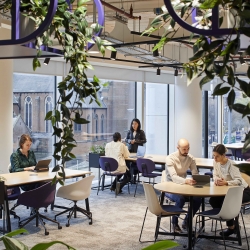May 11, 2023
Hybrid working is a potential deal breaker for two thirds of tech workers
 A new report claims that 7 in 10 UK tech workers now consider hybrid working a key factor when considering a future employer. That is according to The Scaleup Culture Report [registration] from Techspace, based on a YouGov survey of 1,000 tech workers. The report claims that a flexible working policy is considered a high priority by 78 percent of tech employees and a hybrid working policy by 67 percent of tech employees. Other important factors include flexible working policies and opportunities for career development. These statistics have exposed a new factor that will determine startups’ competitiveness in the job market. (more…)
A new report claims that 7 in 10 UK tech workers now consider hybrid working a key factor when considering a future employer. That is according to The Scaleup Culture Report [registration] from Techspace, based on a YouGov survey of 1,000 tech workers. The report claims that a flexible working policy is considered a high priority by 78 percent of tech employees and a hybrid working policy by 67 percent of tech employees. Other important factors include flexible working policies and opportunities for career development. These statistics have exposed a new factor that will determine startups’ competitiveness in the job market. (more…)











 A significant majority (85 percent) of employees feel like they are just a cog in the machinery of their organisation and 43 percent have no idea how their performance contributes to business success, according to a new survey of employee experience and expectations. According to the
A significant majority (85 percent) of employees feel like they are just a cog in the machinery of their organisation and 43 percent have no idea how their performance contributes to business success, according to a new survey of employee experience and expectations. According to the 

























